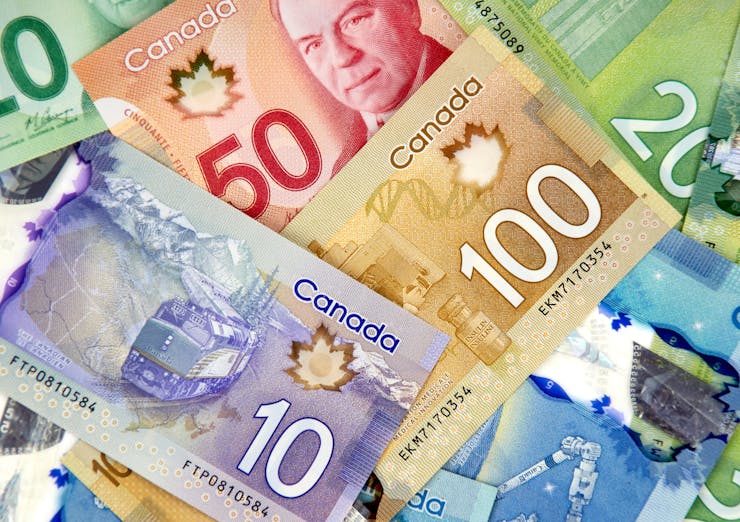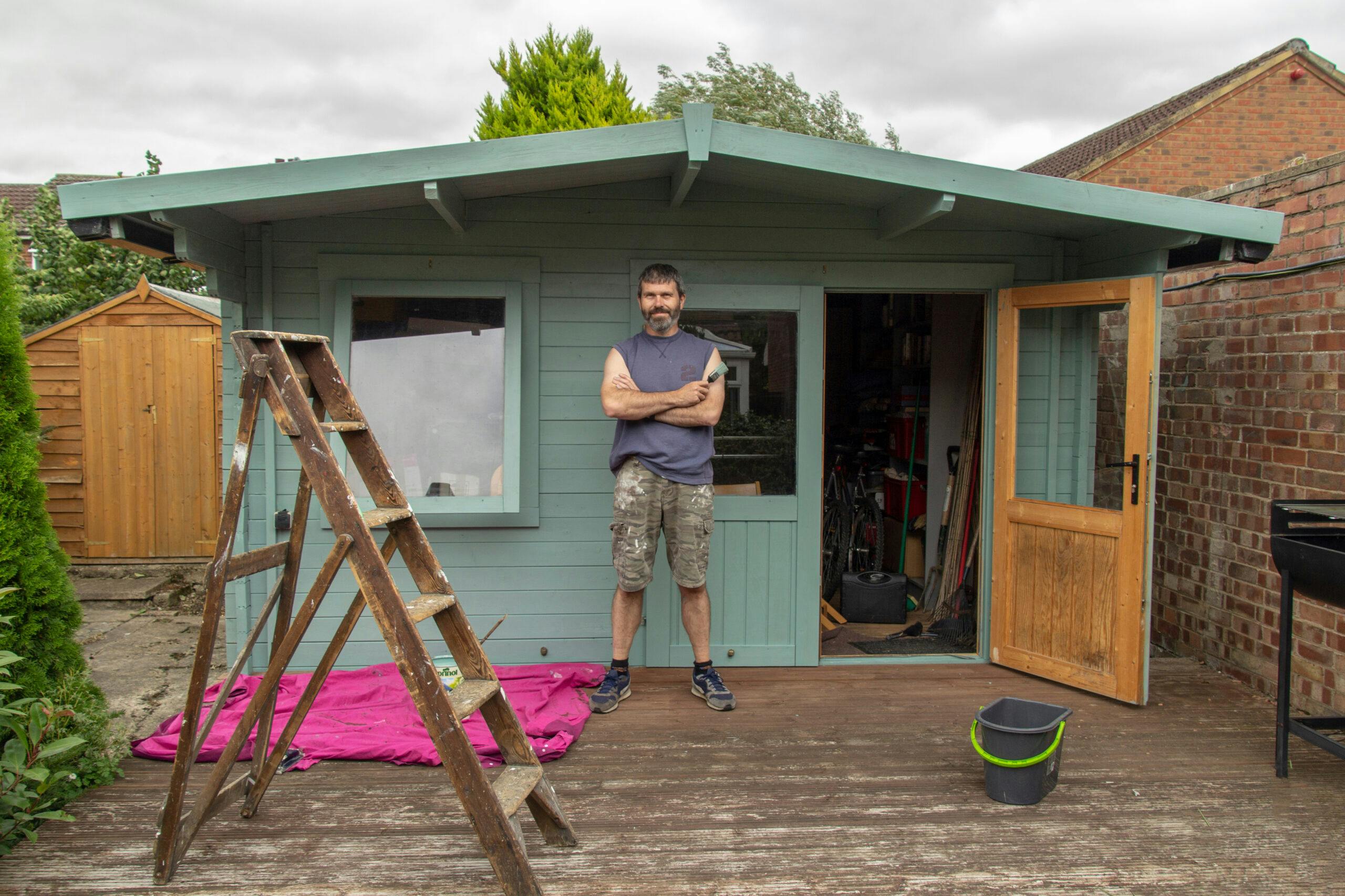“The big banks won’t even look at you. It’s as if you weren’t there.”
This is what Ryan Roch had to deal with when he approached banks to secure accounts with them as he began operating Lake City Cannabis’s two pot stores in Alberta.
He recalls the frustration and deep disrespect he felt from major Canadian bank representatives as he tried to engage them in accepting his business. They weren’t interested at all, Roch remembers, and so he began to talk to credit unions.
“But they wanted to charge us $500 a month just to work with them, and they wanted to continuously monitor everything we did, up and down, left and right,” he says, adding how Lake City eventually secured accounts with Calgary-based ATB, an independent government-owned bank that is open to clients in the cannabis space.
Cannabis enterprises shouldn’t be penalized for working in a legal industry
Roch’s experience is not the exception, but the rule.
Canadian cannabis stores and manufacturers continue to face mountainous hurdles to jump over when they apply for bank accounts from charter banks, often resorting to partnering with credit unions.
Cannabis legalization in the US would undoubtedly ease their financial woes, but while those U.S. bills still have yet to be filed, they may find hope in the SAFE Banking Act, which recently passed the House in 2021 and will reach the Senate later in 2022.
The heart of this issue is seemingly the close ties between Canadian banks and their American counterparts, as many of them operate in both countries.
Despite cannabis’s legal status in Canada, charter banks continue to be anxious about working with cannabis clients due to cannabis still being federally illegal in the US.
“Federal prohibition of cannabis closes so many doors,” says Paul Dunford, co-founder of Green Check Verified, which helps educate US cannabis firms on financing.
“But still, if cannabis were legal, it doesn’t mean everyone would open their doors. [Similarly] we’ve seen how crypto is legal in the US but banks aren’t interested.”
Cannabis ranks higher than casinos on risk assessments
It comes down to risk assessments, Dunford notes. Banks on both sides of the border are especially reluctant to open themselves to risk, especially when the product for sale still remains illegal in the US.
“The global financial system is not bound by geography and everything is intertwined beyond physical spaces,” says Dunford. He notes how the SAFE Banking Act could pull financial institutions out of the mire they’ve found themselves in.
“It may encourage more banks to get into cannabis since the legislation offers reassurances no federal agency will act against you if you are banking with a legal cannabis business.”
By stripping the federal red tape hobbling US cannabis firms, Canadian cannabis businesses could also benefit by proxy: If major banks open their arms to cannabis, Canadian entrepreneurs may enjoy an easier path to a long-lasting banking relationship.
Curaleaf CEO Joe Bayern says a more frictionless partnership between cannabis firms and banks will lead to a slew of fewer headaches for firms such as his.
“So many of our staff get turned down for personal loans, or face rejections for life insurance policies, and that’s all due to cannabis still being illegal in the US. Legalizing cannabis in the US would get rid of that mess.”
“We would be able to operate like any legal business and be able to use credit cards, debit cards, and work with large commercial banks.”
He adds that when cannabis firms can’t operate with banks, they put themselves at risk. “We end up being such a cash-based business, we face the danger of being robbed. Not being able to deposit cash on a regular basis is a real safety issue,” Bayern notes.
Even a former premier has weighed in on the financial challenges in the Canadian cannabis space. Former Nova Scotia Premier Darrell Dexter said in 2019: “How do you carry out transactions if you’re a company in the legitimate space if you don’t have banking? That is a huge barrier to entry into what is a legal, regulated market.”
Banking likely won’t get any easier until US federal legalization
Charles Varabioff, owner of Kingsway Cannabis in B.C., faced banking nightmares when he first launched the business and eventually opened accounts with a Vancouver credit union.
“I’m happy with them but we’d still prefer a charter bank that will allow for us to access ATM anywhere and use debit cards without any daily limits,” he says.
For Roch, he is realistic in assessing how the Canadian cannabis industry is interconnected to how US banks operate, saying “America is the dog and Canada is the tail.”
If the US went so far as to legalize cannabis, “it would release Canadians banks from the risk they believe is there, and everything would be easier for those in the Canadian cannabis industry.”
As for what’s next in the long road to making pot legal in the US, the long-anticipated Senate bill to federally legalize marijuana will not be introduced in May, as Democrat leaders stress that the timeline is being extended as they continue to work out various provisions “with the assistance of nearly a dozen Senate committees and input from numerous federal agencies.”








